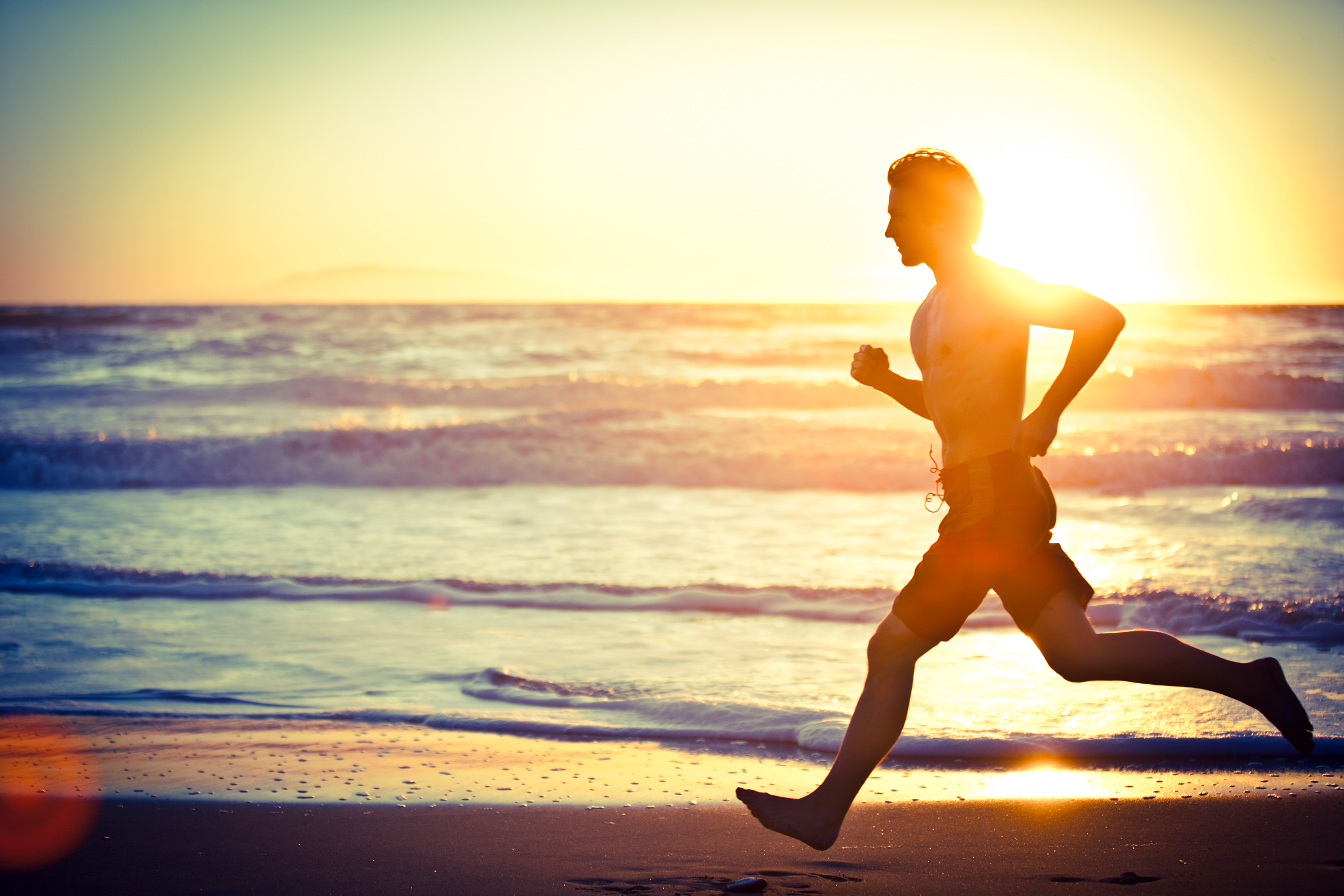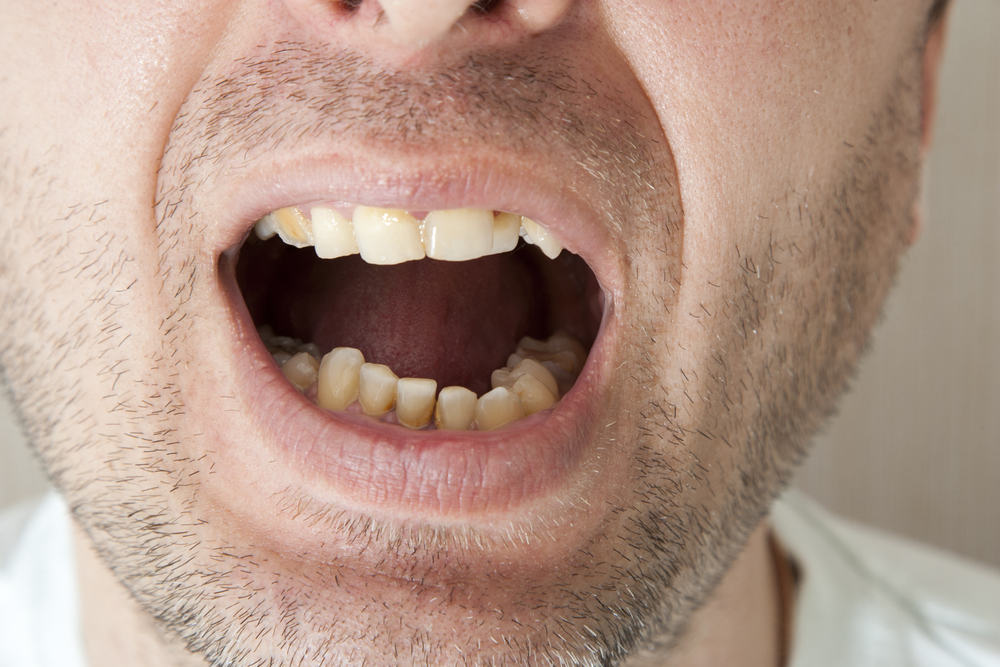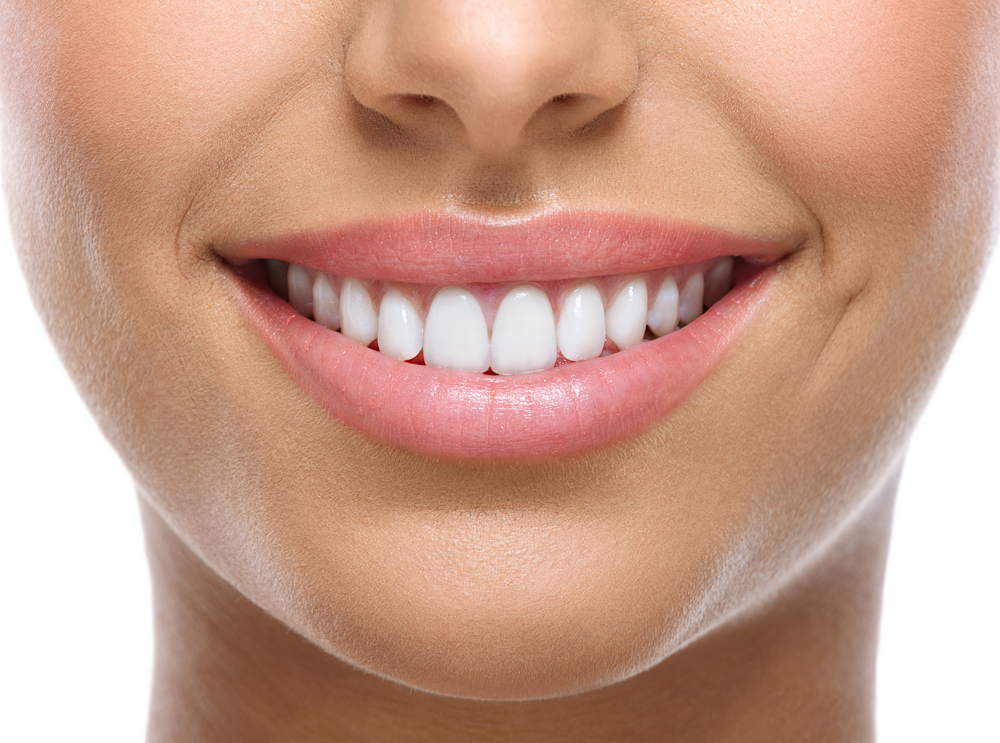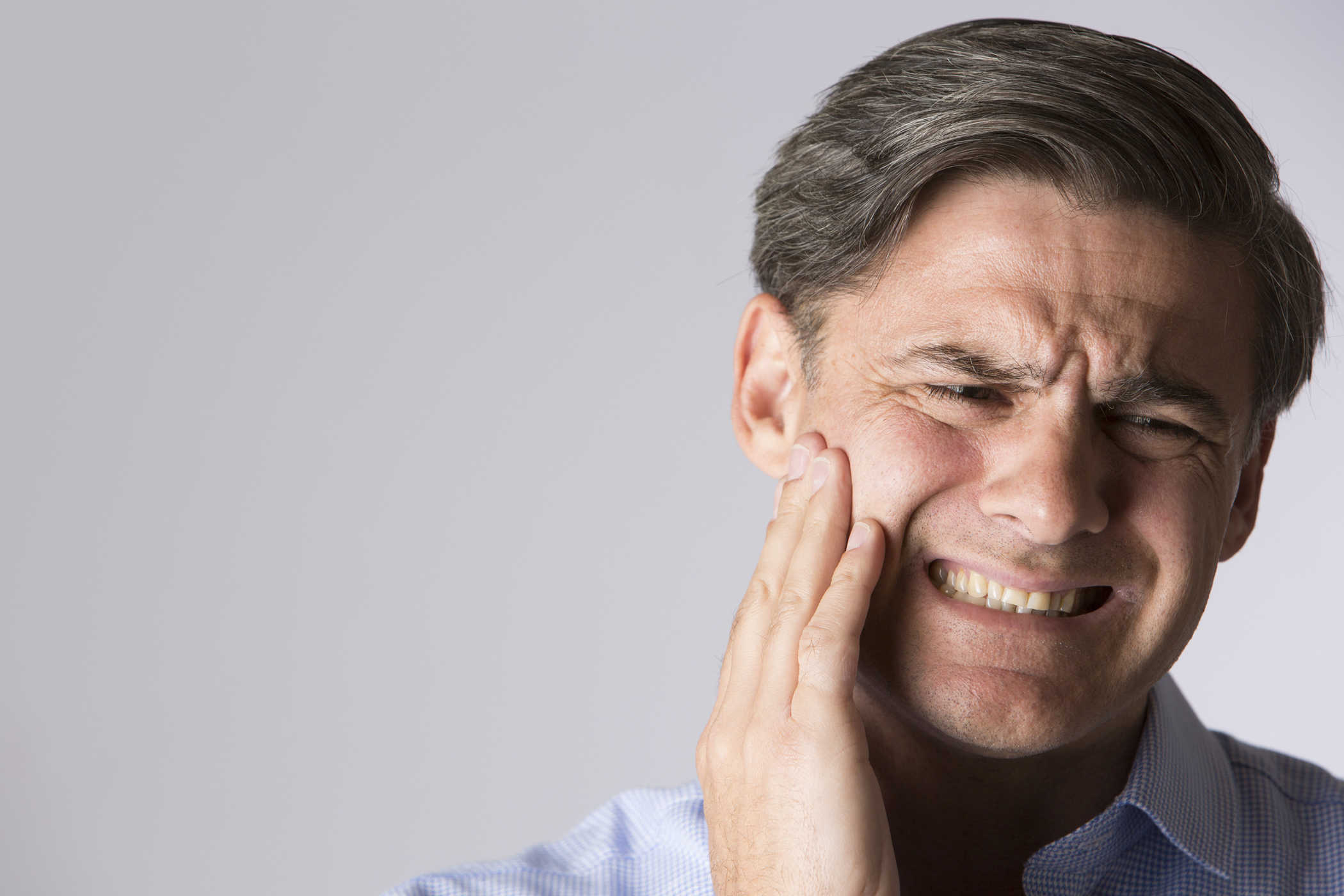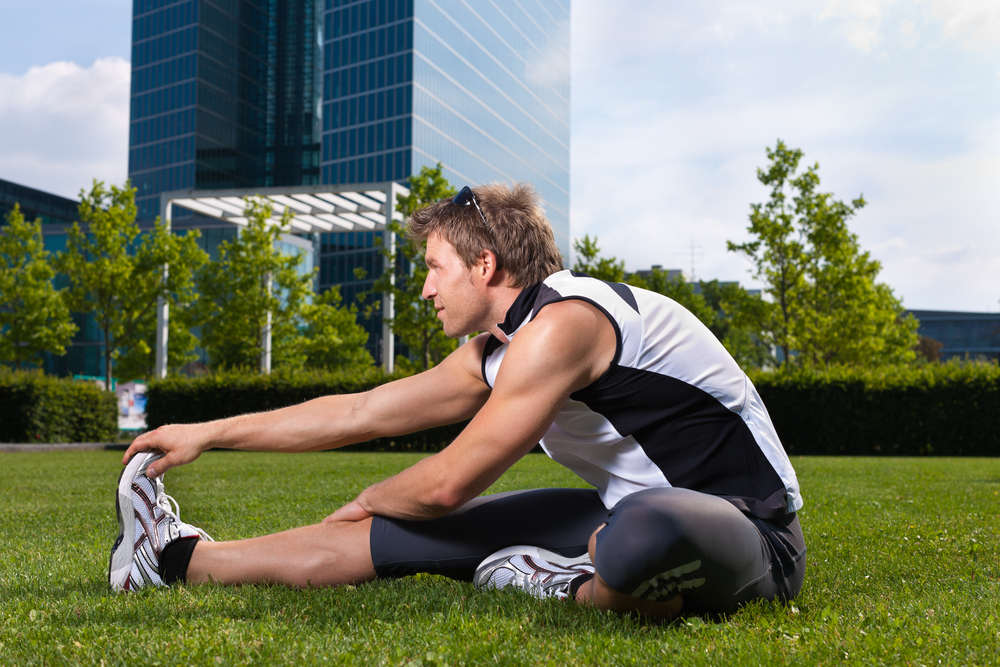Contents:
- Medical Video: Can't Sleep? DO THIS!
- How can coffee make us not sleepy anymore?
- Why does coffee not work prevent sleepiness in people who lack sleep?
Medical Video: Can't Sleep? DO THIS!
Drink coffee when you feel sleepy seems like the right choice. Caffeine in the coffee you drink produces a number of chemical reactions in the brain that act to keep you awake. But, wait, if you are sure about this, do you know that the effect of coffee is no longer effective when you lack sleep? See the explanation.
How can coffee make us not sleepy anymore?
The effect of coffee can keep you awake because it contains caffeine. Caffeine works by blocking the brain's ability to absorb adenosine, which slows nerve activity and causes the human body to become sleepy.
The caffeine molecule is chemically similar to adenosine but, when attached to nerve cells, caffeine does not cause cells to slow down but block the adenosine nerve receptors and cause increased levels of nerve cell activity.
This increase causes the body to think that something is wrong and then the body continues to react psychologically ‘flight or fight'That is the body's response when threatened, or there is danger. As a result, the body floods the bloodstream with adrenaline, which increases blood pressure and heart rate.
It also increases the rate of blood flow to the muscles and widens the alveoli and bronchioles in the lungs, all of which keep the human body awake. In the same way that amphetamines (a type of drug) do, caffeine also increases the level of dopamine in the body, dopamine is a neurotransmitter that stimulates brain function and induces overall comfort, making you feel more energetic.
When someone does not consume caffeine, the body can become sensitive to adenosine, which can cause a decrease in blood pressure and cause headaches, irritability and the body is difficult to sleep soundly. The use of caffeine or the effects of prolonged excessive coffee can cause addiction and poisoning.
Why does coffee not work prevent sleepiness in people who lack sleep?
A study by the American Academy of Sleep Medicine found that caffeine use in someone who lacked sleep for several days, no longer effectively resisted drowsiness.
The study involved 48 people who only slept five hours per night for five consecutive days. During the study they were given a dose of caffeine of 200 milligrams, equivalent to a large cup of coffee.
The results of this study indicate that someone who lacks sleep in the last three days has decreased levels of alertness and performance productivity. The use of caffeine in those who are sleep deprived is not effective in increasing their level of alertness and productivity performance.
In the study, participants spent sleep in the laboratory, and were given caffeine at 8 am and at 12 noon, every day. Then they will take a series of tests related to mood, drowsiness, when awake or waking up, and reaction time. Researchers also carry out cognitive tests every hour when they wake up.
The results of this study according to the researchers are somewhat surprising because caffeine is known as a stimulant that is widely used by many people when they feel sleepy or to "fight" a decrease in performance productivity due to lack of sleep.
The study also shows that the dose of caffeine in the coffee you drink is not enough to prevent a decrease in performance for several days because you lack sleep. However, this study did not mention whether those who lack sleep should increase the dose of caffeine intake or not. From this study it can be concluded that the effect of coffee is not effective for those of you who really lack sleep.


